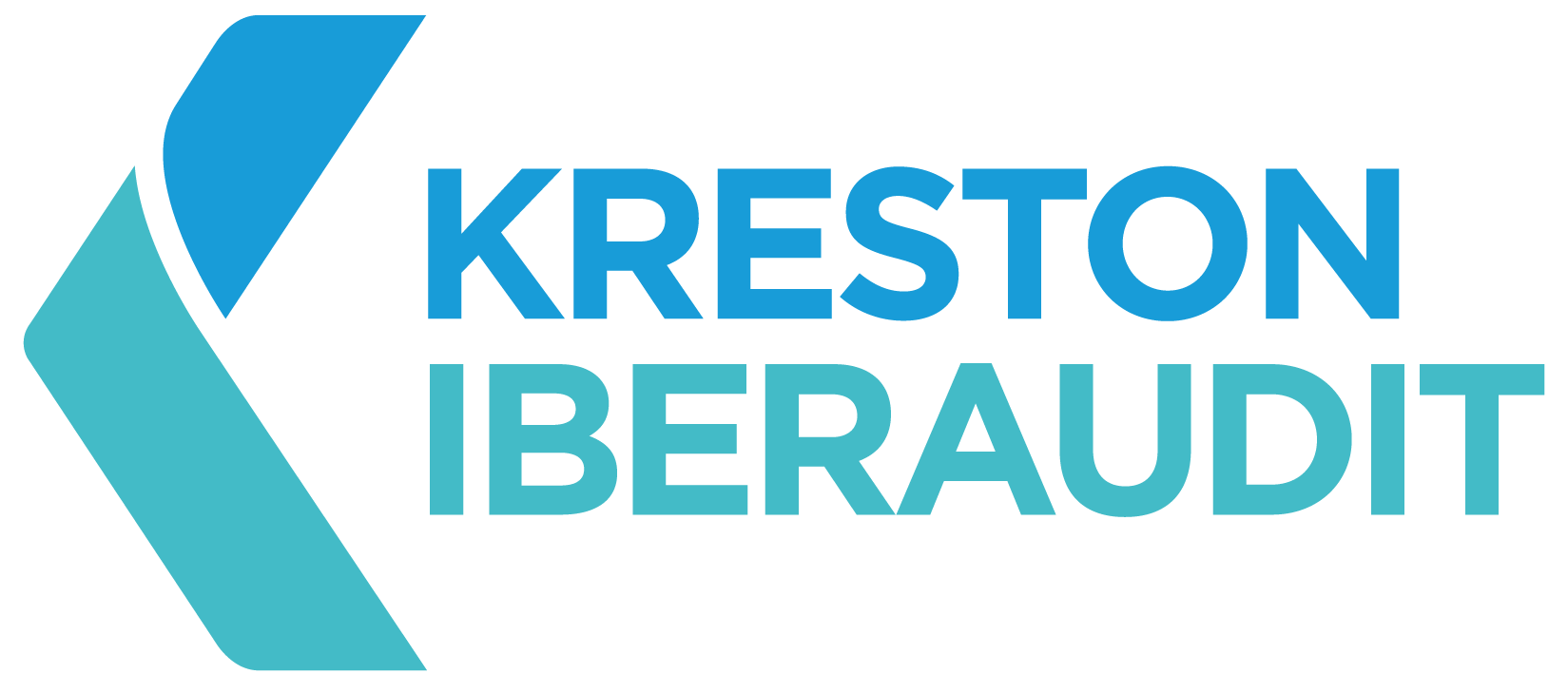The World Health Organisation (WHO) defines ageism as “stereotyping and discrimination against individuals or groups on the basis of their age.” This is also a form of discrimination that goes largely unnoticed in our society because we have internalised it and normalised it to a great extent. However, the fact of the matter is that this situation affects millions of people around the world and across all strata of society.
These problems primarily affect workers over the age of 45. Specifically, this discrimination is even more intense when it comes to women, affecting them to a far greater extent since in many sectors they have to tackle two levels of exclusion based on both their gender and their age. As Susan Sontag once ironically quipped: “While men mature, women get old.”
There are many studies that show that 1 in every 3 unemployed people is over the age of 45, which goes to show that age is an important factor in the prejudice underlying recruitment processes Click & Tweet! . As such, there is a series of stereotypes associated with age that undermine the experience that people have accrued over their working lives, which also fosters a lack of equal opportunities in this sector of the population.
This kind of workplace discrimination is one of the ones that the EU is most concerned about since Spain and many other European countries are facing an increasingly evident problem, the ageing population. As such, it is crucial to build a society for all ages and a decent concept of respect regarding the ageing process, coming to understand it as just another stage of life. This will definitely be one of the most important challenges of this century and one that future generations will have to face.
That’s why I believe this is a good time to start reflecting on whether businesses are managing their talent correctly or if they need to change some of their strategies for recruiting the best person for each situation and position.
There are many studies that suggest that there are advantages to creating intergenerational working groups within departments Click & Tweet! ; in other words, promoting collaboration between junior and senior profiles at work. I truly believe that diversity brings added value for any business since each generation has its own strengths and areas of opportunity which we need to listen to and respect.
It is my belief that it is crucial to promote the eradication of harmful stereotypes associated with senior workers Click & Tweet! ; age is not an obstacle, but rather another factor to take into consideration, appreciating the knowledge and experience that older people have to offer. If businesses implement a fair recruitment process with a diverse range of profiles, they will manage their talent better and become more profitable.
I also don’t want to pass up on the opportunity to share this video with you, created by Gete Comunicación, that does a very good job at defining and explaining this phenomenon… experience is a marvellous thing, of that I can assure you!


